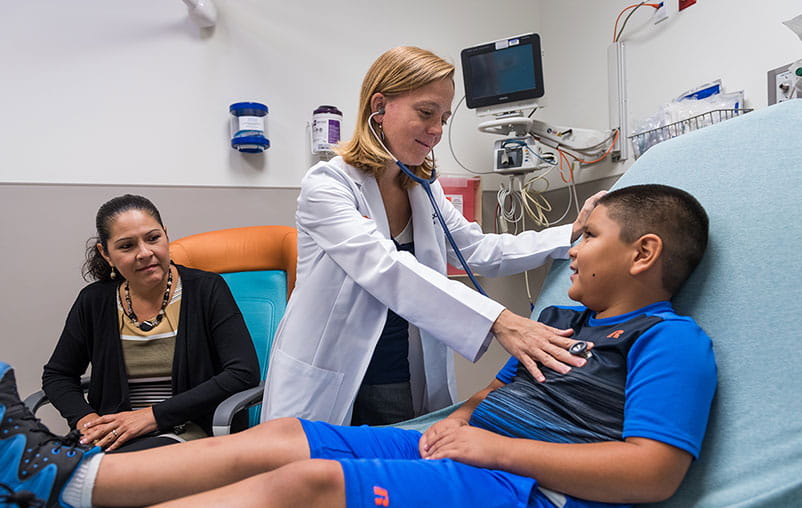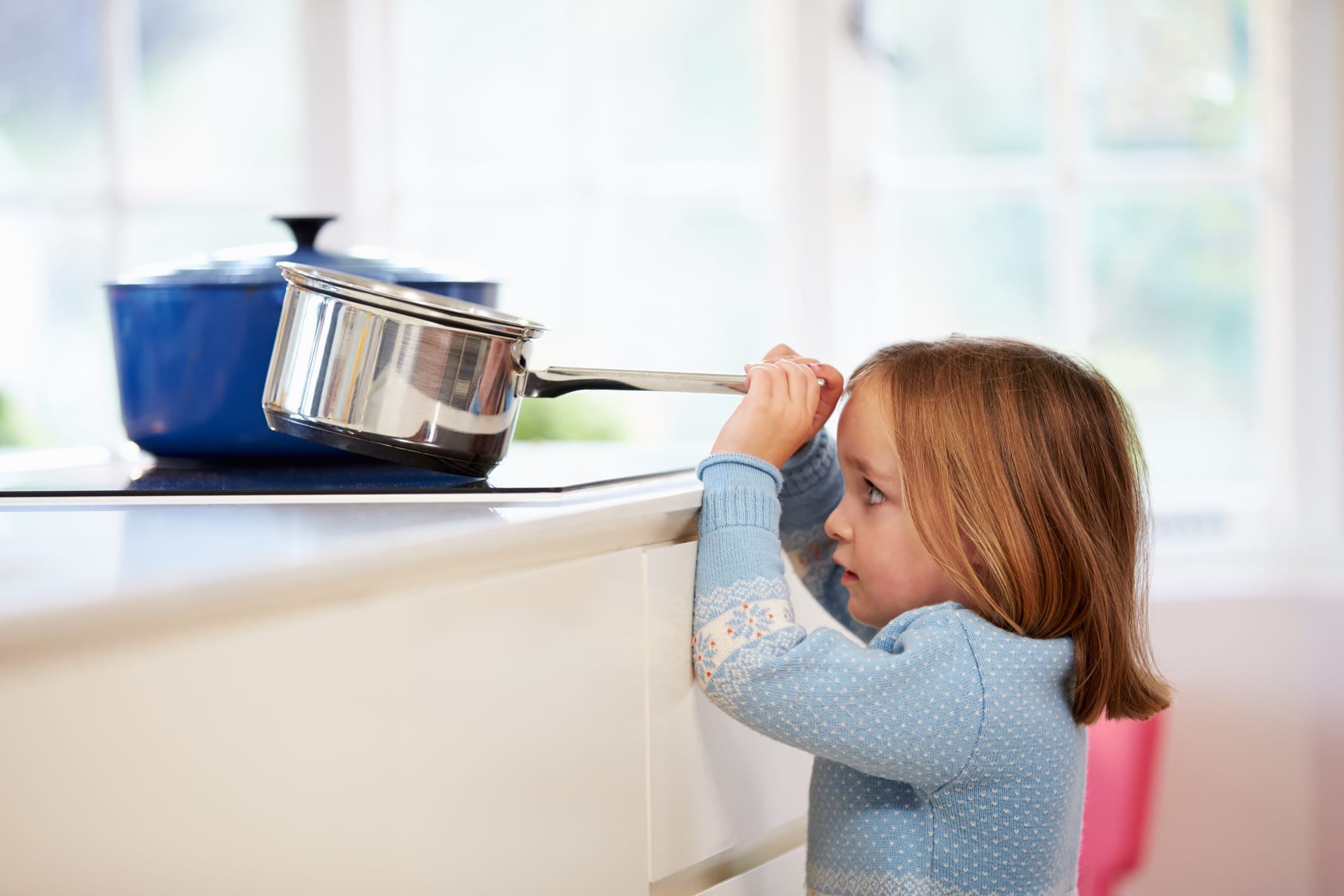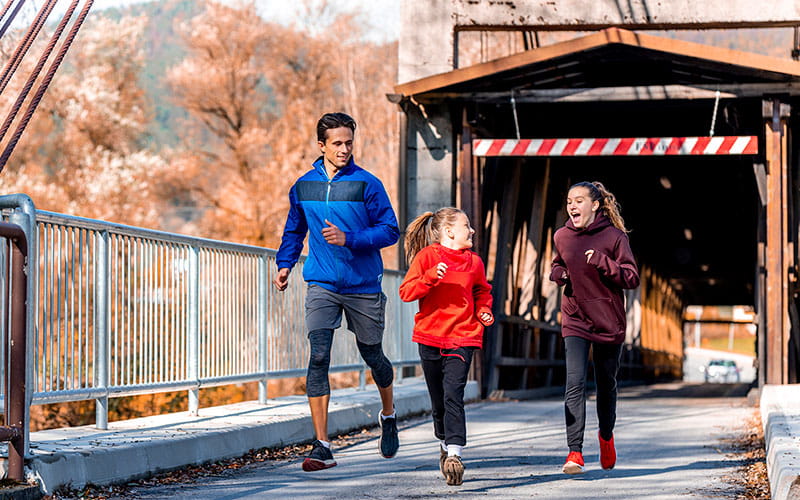Students who feel healthy enough to play competitive school sports may think they are strong enough to tough it out during sweltering practices or competitions. Almost every year, however, we hear about students collapsing on the playing field or getting dehydrated and sick during hot weather.
Heat-related illness during athletic activities is a leading cause of disability or death among U.S. high school athletes.
Dr. Mandie Tibball Svatek, a pediatrician at University Health and UT Health San Antonio, answers questions about what adults can do to prevent heat from sidelining young athletes.
What to Know Before Signing Kids Up for Sports
Children who want to participate in sports should visit their pediatrician for a sports physical and checkup before starting practice.
Conditions That May Make it Difficult to Play Sports When it’s Hot
Every child is different. You can have a child with a particular health problem that might prevent them from acclimatizing well to the heat.
Children who have been playing every day this summer who haven't had the opportunity to stay hydrated or rest their muscles may be more susceptible to heat-related illnesses.
Understand the Heat Index
It's important to understand what the heat index might be. Devices such as a wet bulb thermometer can measure the heat index that day, or you can look at apps to see what the predicted heat index will be.
If it's going to exceed 95 degrees, you need to talk about whether you have practice earlier in the day, later in the evening or take frequent breaks during practice.
Signs of Heat Exhaustion
When a child develops heat exhaustion, they may experience:
- Cramping in the legs
- Nausea and vomiting
- Dizziness
- Tired and fatigued
- Shortness of breath
- Skin is flushed and moist
Talk with Your Child's Coach
Ask your child's coach if they have a plan of action. Oftentimes, coaches will plan around excessive heat if practice is outdoors. They may schedule early morning practice, shorten the practice times or schedule frequent breaks.
Kids and Hydration
Children ages 9-12 should hydrate with 3-8 oz of water every 15 to 20 minutes.
If a child is an adolescent or older, they should hydrate with 1 to 1.5 liters of water every 15 to 20 minutes.
Children's Health at University Health
Learn more about children's health on our website.





